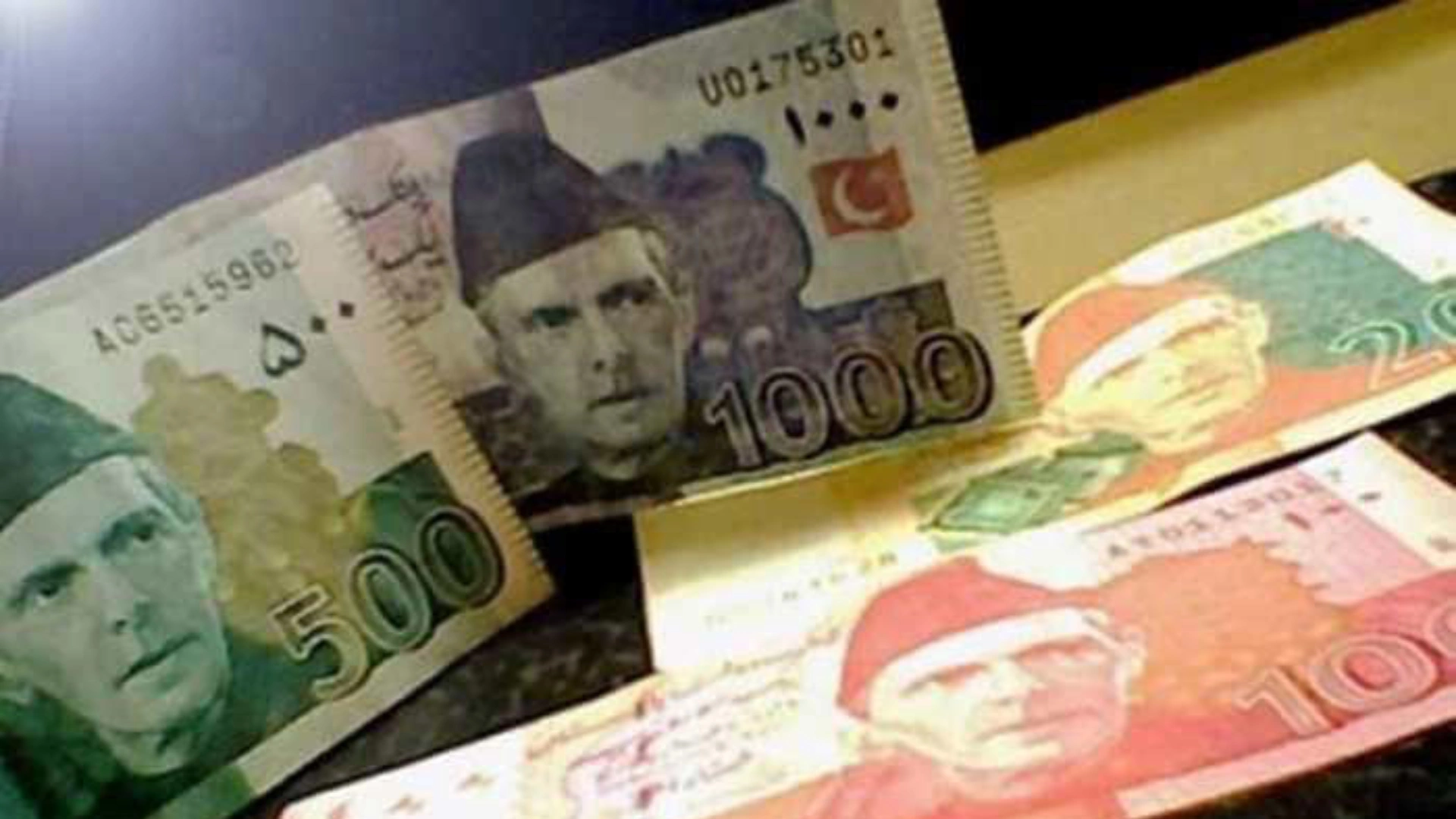Pakistan’s central bank, the State Bank of Pakistan (SBP), has introduced a new rule stating that all foreign currency sales to residents must be carried out through account-to-account transfers. This means anyone buying dollars or other foreign currency will have the money sent directly into their foreign currency (FCY) bank account, instead of receiving cash. According to reports, this change may cause delays in getting access to funds.
The SBP says the aim of this rule is to control the outflow of dollars and to stop money changers from keeping large amounts of foreign currency in their own bank accounts. However, independent exchange companies argue that the new rule mainly benefits exchange outlets owned by banks.
Over the past year, the SBP has been encouraging commercial banks to set up their own exchange branches. With the new rule in place, customers may now be pushed to use these bank-owned exchange outlets, since independent money changers will have fewer facilities to offer.
The rule also restricts how much cash dollars exchange companies can keep in their accounts. This makes it harder for independent money changers to compete with exchanges run by banks, which already have stronger financial backing.
Under the updated system, people buying dollars for deposits will no longer receive physical cash. Instead, the amount will be transferred straight to their FCY accounts. For people who do not have a foreign currency account, this effectively means they cannot buy cash dollars anymore.
Exchange companies must now issue cheques for each transaction, which customers must deposit into their FCY accounts. The companies also need to update their software systems and verify each customer’s account details. This adds more administrative work and increases paperwork.
While the increased documentation is meant to prevent misuse and bring more transparency to foreign currency transactions, it may create difficulties for ordinary people—especially those who are not familiar with banking procedures or who do not have formal bank accounts.
Transfers within the same bank will be processed quickly. However, transfers between different banks may take at least five days, and in some cases up to 20–25 days for currencies like euros and pounds, the report said.
Critics warn that these changes could slow down transactions, cause customer frustration, and further reduce trust in Pakistan’s foreign exchange sector.
The new rule by the State Bank of Pakistan may help improve transparency and reduce cash-based dollar hoarding, but it also creates challenges for ordinary people and small exchange companies. Delays in transfers and the need for foreign currency accounts could make the process difficult for many customers. While the policy has good intentions, it may only be useful if the system becomes faster and more accessible; otherwise, it might create more problems than benefits.
